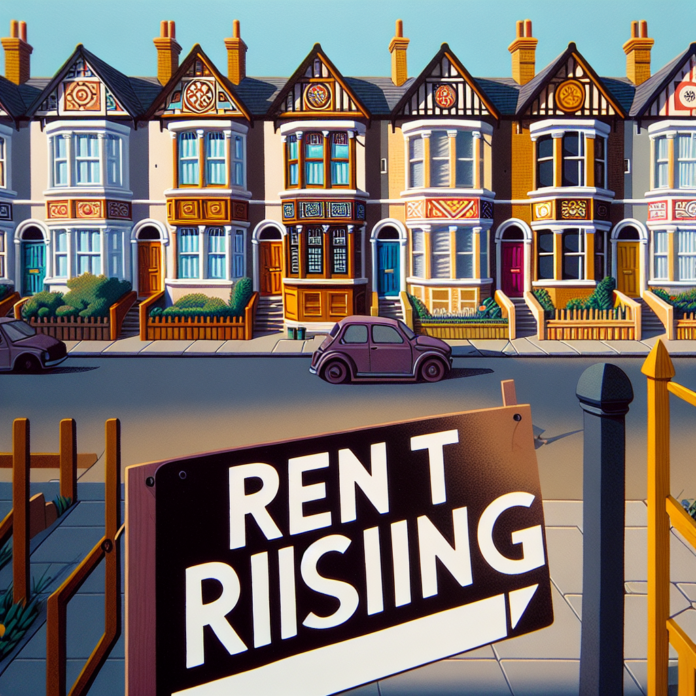Introduction:
The issue of rent inflation and the resulting affordable housing crisis is a pressing concern in many cities around the world. As housing costs continue to rise, many individuals and families find it increasingly difficult to secure affordable and suitable accommodation. This article delves into the causes and consequences of rent inflation, shedding light on the challenges it poses. Links to companies and organizations offering insights into this crisis can be found below.
- Supply and Demand Imbalance:
One of the primary factors contributing to rent inflation is a significant imbalance between housing supply and demand:
- Urbanization and Population Growth: Rapid urbanization and population growth lead to increased demand for housing in city centers. Insufficient supply fails to meet this demand, resulting in higher rent prices.
- Lack of New Construction: Limited new construction or inadequate housing policies can exacerbate the supply shortage and drive up rental costs.
To gain a deeper understanding of the supply and demand dynamics impacting rent inflation, consider accessing resources from companies specializing in real estate market analysis:
- Zillow: Zillow is a leading online real estate platform that offers data-driven insights, analysis, and research reports on housing market trends, including rental price growth and affordability challenges.
Website: www.zillow.com/research
- Redfin: Redfin is a real estate brokerage platform that provides tools and market insights. Their research reports on rental market conditions and housing affordability shed light on the impact of supply and demand on rent inflation.
Website: www.redfin.com/research
- Inadequate Wage Growth and Income Inequality:
Stagnant wage growth, coupled with income inequality, can further exacerbate the affordable housing crisis:
- Rising Income Disparity: Income inequality disproportionately affects lower-wage earners, making it increasingly difficult for them to afford rising rents.
- Insufficient Wage Growth: When wages fail to keep pace with rent increases, individuals and families can find themselves burdened by a growing percentage of their income allocated to housing costs.
Organizations specializing in economic research and policy analysis can provide valuable insights on the impact of wage growth and income inequality on rent inflation:
- Economic Policy Institute (EPI): EPI is a non-profit research organization that examines the effects of economic trends on working families. Their research on income inequality and wages offers critical insights into the challenges faced by individuals in accessing affordable housing.
Website: www.epi.org
- Brookings Institution: The Brookings Institution is a renowned think tank focused on public policy research. Their reports and analysis on income inequality, housing affordability, and rent inflation provide valuable information for policymakers and communities.
Website: www.brookings.edu
Conclusion:
Rent inflation and the resulting affordable housing crisis pose significant challenges to individuals, families, and communities. The imbalance between housing supply and demand, coupled with inadequate wage growth and income inequality, contribute to escalating rental prices. Companies and organizations like Zillow and Redfin offer valuable insights into the dynamics of the real estate market, while organizations like EPI and Brookings provide research and analysis on income inequality and housing affordability. By understanding these factors, policymakers and individuals can work towards finding sustainable solutions to address the affordable housing crisis.
Disclaimer: The external links provided in this article are for reference purposes only, and their inclusion does not signify endorsement or affiliation with the companies mentioned. Always exercise caution when visiting external websites and consult with reputable sources for personalized advice on the issue of rent inflation and the affordable housing crisis.




 AGF-B.CO
AGF-B.CO